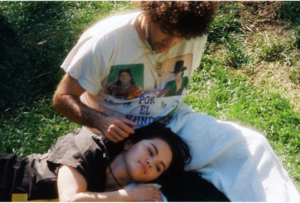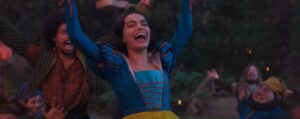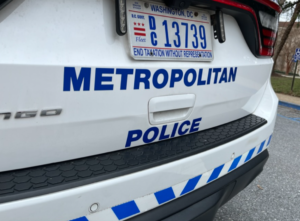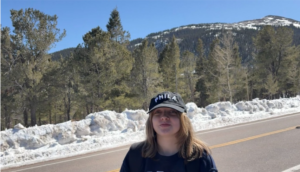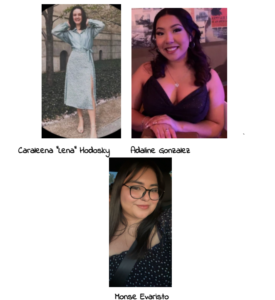Wilson, Corbett, and a Night of Contemporary Poetry
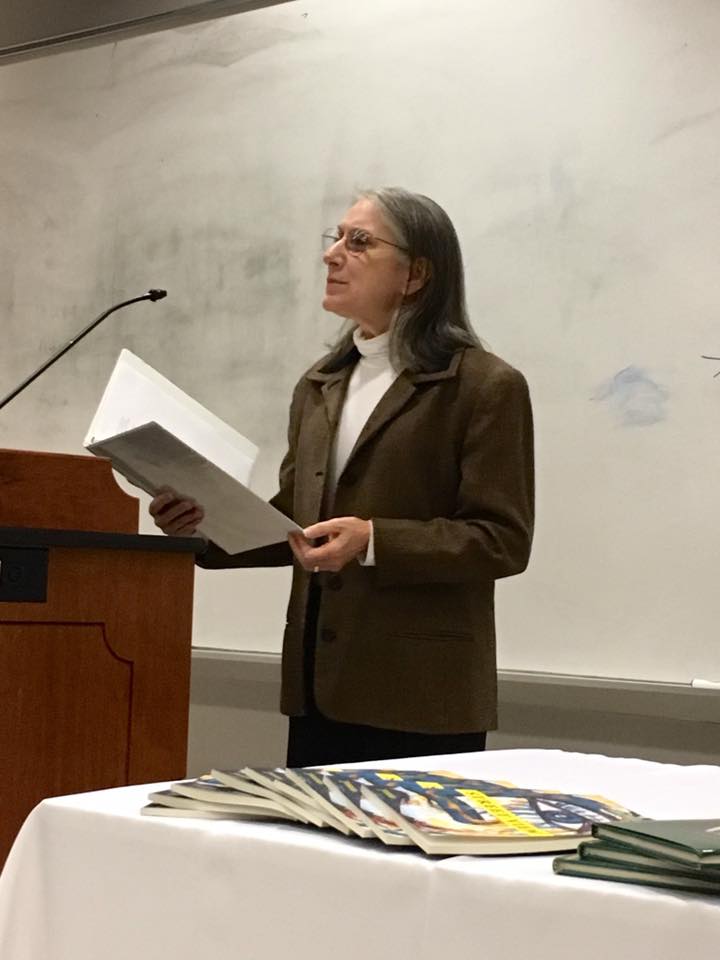
By Iain Higgins
McGivney’s lights were dim at 6 PM last Friday evening, and to those passing by, nothing would seem out of the ordinary with the little twin building. In the auditorium, at the heart of the place, two poets prepared to recite verse for a sundry crowd of students, faculty, and guests.
Ryan Wilson and Maryann Corbett were the featured guests, as two published, praised, and prolific modern poets; each had much- acclaimed books available for purchase at the function. Tickets were free, but required, which added to the event’s air of formality. The bright overhead auditorium fixtures beamed down on the crowd, quietly buzzing at each other, while waiting for the readings to commence. Those in on the local poetry scene- well dressed, older, and markedly complacent- were easy to spot. Small crumbs of their conversations, caught in passing, referenced a reading heard the week prior, or the fact that so-and-so had finally published a new collection.
With the audience all seated, Jessica Schnepp took the microphone to introduce the poets. Schnepp, an English department faculty member and founder of the Contemporary Catholic Writers group on campus, was the one responsible for bringing the poets and crowd together. She gave a brief description of the two writers’ styles. They are both formalists, authors who espouse the traditional structure of classical poetry.
Reading first was Ryan Wilson, born and raised in Georgia, and another faculty member of the Catholic University English department. He began with a recitation of a Richard Wilbur poem. Wilbur, who passed away a few days prior, was one of the greatest 20th century American poets, and a friend and mentor to
Wilson. Wilson’s verses, all committed to memory, impressed the crowd with their strong rhythm and classically influenced themes.
Wilson was followed by Maryann Corbett, who was born in the District, but currently resides in Minnesota. Her poetry is very much influenced by her own life; D.C. creeps into a few of her readings. Like Emily Dickinson, Corbett finds inspiration in the church hymns and psalms she sings every Sunday, both in rhythm and content.
Each poet likely has an impressive career ahead of them, and their adherence to formal structure is commendable in an age of poesy dominated by free verse. A quick internet search is the best way to get acquainted with the two, but be sure not to miss their most recent publications, which are making waves in the world of poetry.

